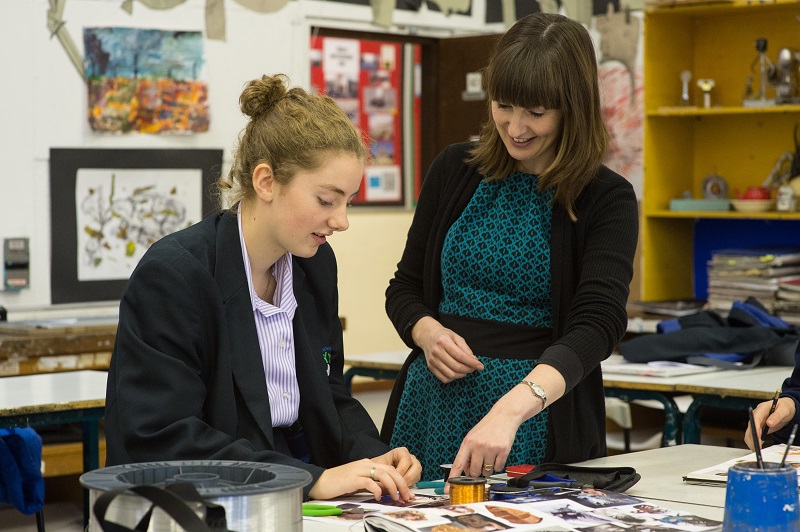
5 reasons why arts teachers are important
BY: Annabel Thomas
08 Jan 2019
The holidays have whizzed past and here we are again at the start of a new term and a new year. Despite Christmas being a well-deserved break involving too much food (and in some cases, too much family), January can be a rather bleak and gloomy time when the pressures of the year ahead are brought into sharp focus.
But let’s not forget that the start of the year is also a time of renewed motivation - and in that spirit we bring you 5 reasons why all arts teachers should begin 2019 feeling positive about the work you do.
Arts teachers' work counts because:
1) It’s likely to directly affect Britain’s future economy
It’s well known that the creative industries make a huge contribution to overall prosperity and are indeed the fastest growing of all UK sectors. According to the Department for Culture, Media and Sport (DCMS) 1 in 11 of all UK jobs is 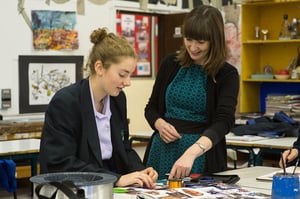 within the creative industries. At current levels, that means that there will be creative sector jobs for three students in every class. And if the current rate of expansion is sustained, it’s conceivable that a fifth of all students could go on to work in creative roles. But this won’t be possible without talent nurturing. There is already talk of a ‘skills shortage’ and without the arts teachers’ role in cultivating creative potential, there just won’t be enough new talent to meet demand.
within the creative industries. At current levels, that means that there will be creative sector jobs for three students in every class. And if the current rate of expansion is sustained, it’s conceivable that a fifth of all students could go on to work in creative roles. But this won’t be possible without talent nurturing. There is already talk of a ‘skills shortage’ and without the arts teachers’ role in cultivating creative potential, there just won’t be enough new talent to meet demand.
2) The skills supported by the arts boost employability
Even if the next Adele, Danny Boyle or Darcey Bussell isn't sitting in your classroom, you can feel confident that the skills you are promoting through the arts will be of value to your students in whatever field they choose. Businesses in all sectors value skills supported and developed by arts subjects. This is borne out by Educating for the Modern World (a report published by the Confederation of British Industry (CBI) and Pearson education in November 2018) which found that 60% of all 28,000 businesses involved cited resilience, communication and problem-solving skills as top priorities when recruiting.
4) The arts lift the wellbeing of the whole school
There is a wealth of evidence for the positive impact of the arts on mental health of both adults and young people. Who doesn’t leave a school production or exhibition of students’ work feeling uplifted? Alongside this, improved confidence and communication skills brought about through participation in arts activities also contributes to well-being. Communication skills are additionally important for the development of self-expression which plays a key part in mental wellness.
3) The arts teachers’ role contributes to the health of the arts and cultural sector
The arts and cultural sector needs new audiences to thrive. By offering young people opportunities to experience the arts, you are increasing the likelihood that they will want to interact with the arts in the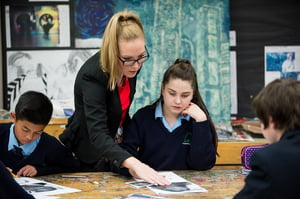 future. The recent Time to Listen report (produced jointly by The Royal Shakespeare Company, Tate and The University of Nottingham) found that students at 'arts-rich' schools had significantly higher participation rates than those involved in DCMS’ annual Taking Part survey across a range of artforms. Similarly, the Arts Award impact study (2016) found that young people are very likely to continue arts activities undertaken for their Arts Award, including making art, visiting artworks and exhibitions and leading arts projects.
future. The recent Time to Listen report (produced jointly by The Royal Shakespeare Company, Tate and The University of Nottingham) found that students at 'arts-rich' schools had significantly higher participation rates than those involved in DCMS’ annual Taking Part survey across a range of artforms. Similarly, the Arts Award impact study (2016) found that young people are very likely to continue arts activities undertaken for their Arts Award, including making art, visiting artworks and exhibitions and leading arts projects.
5) Without you, some would never experience the arts
The Time to Listen report also highlighted that more than a third secondary school students (of 6000 surveyed) rely on their school for access to the arts; a shockingly high figure given young people’s right to take part in cultural activities.
We hope that this has given you fresh confidence in the value of your work. Do you feel that your contribution is recognised at your school? If your new year's resolution is to harness more attention for your department, you might want to take at look at our new guide to bolstering the profile of all arts subjects Flying the flag for the arts which is full of practical steps to build your profile. Highlights of the guide include how you can get the most from performances and showcases, harness student enthusiasm as an advocacy tool and contribute to whole school goals. There are specific suggestions for Visual Arts, Music, Drama and Dance as well as Design and Textiles.
And look out for our guide to advocating for the arts to your senior team, parents and students; coming soon.
Related posts
BY: Cathy Thornhill
BY: Alan Lynch

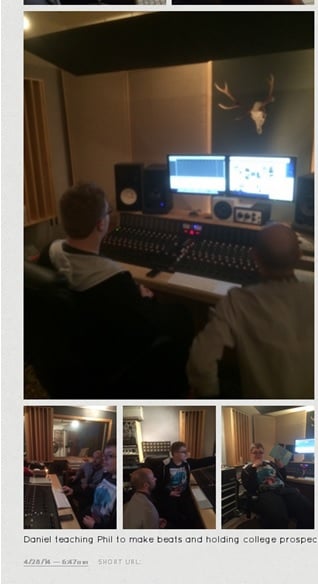

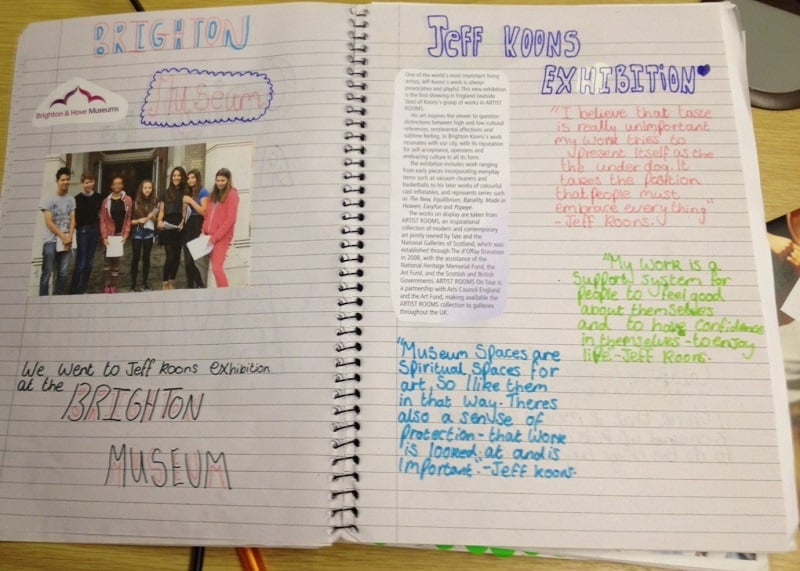
Comments & Replies